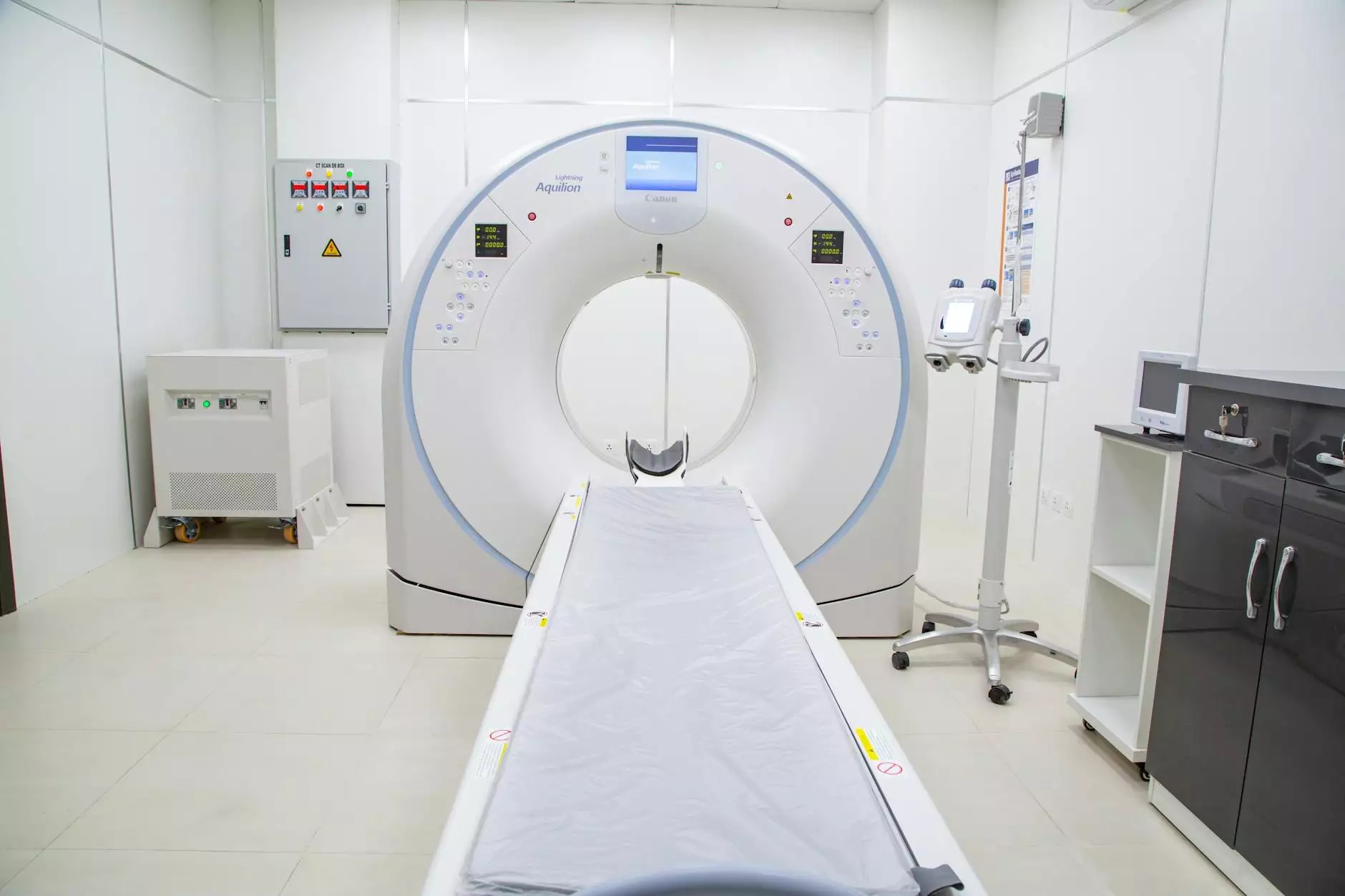Understanding ADHD: A Comprehensive Analysis

Attention Deficit Hyperactivity Disorder (ADHD) is a condition that affects millions of individuals worldwide. As awareness about mental health and its various aspects grows, the question "is ADHD a mental illness?" frequently arises. In this article, we will explore the intricacies of ADHD, its classification, its symptoms, and the role of pharmacies in managing this condition. Through detailed analysis and comprehensive insights, we aim to provide you with valuable information that not only informs but also empowers those affected by ADHD or interested in understanding it better.
What is ADHD?
ADHD is a neurodevelopmental disorder characterized by persistent patterns of inattention, hyperactivity, and impulsiveness. These symptoms can significantly impact daily functioning and development, especially among children, teenagers, and young adults. The disorder is typically diagnosed in childhood but can continue into adulthood, highlighting the importance of early assessment and intervention.
Is ADHD a Mental Illness?
To answer the question directly: yes, ADHD is considered a mental illness, although it is more accurately categorized as a neurodevelopmental disorder within the mental health framework. Mental illnesses encompass various conditions that affect mood, thinking, and behavior. ADHD fits within this spectrum because it influences an individual's ability to focus, regulate their impulses, and maintain attention. Understanding this classification can help reduce stigma and promote better care options for those affected.
Symptoms of ADHD
The symptoms of ADHD can be grouped into two main categories: inattention and hyperactivity/impulsivity. Individuals may exhibit varying degrees of each symptom, leading to the identification of three primary presentations of ADHD:
- Predominantly Inattentive Presentation: Characterized primarily by inattention.
- Predominantly Hyperactive-Impulsive Presentation: Exhibits primarily hyperactive and impulsive behavior.
- Combined Presentation: Displays symptoms of both inattention and hyperactivity/impulsivity.
Inattention Symptoms
Individuals with inattention may frequently:
- Make careless mistakes in schoolwork or other activities.
- Have difficulty organizing tasks and activities.
- Struggle to follow through on instructions.
- Lose things necessary for tasks and activities.
- Be easily distracted by extraneous stimuli.
Hyperactivity and Impulsivity Symptoms
Those exhibiting hyperactive or impulsive symptoms may often:
- Fidget or tap hands or feet.
- Leave their seat in situations where remaining seated is expected.
- Interrupt or intrude on others’ conversations or games.
- Talk excessively.
The Impact of ADHD on Daily Life
ADHD can profoundly impact various aspects of a person's life, including their:
- Academic Performance: Students may struggle to focus in class, leading to lower grades and frustration.
- Social Relationships: Impulsivity and inattention can hinder social interactions, making it difficult to maintain friendships.
- Occupational Functioning: Adults may encounter challenges in their workplaces due to difficulties in organization and time management.
Diagnosis and Treatment of ADHD
Diagnosing ADHD is a multifaceted process that typically involves a comprehensive evaluation that includes interviews, questionnaires, and observational assessments. Medical practitioners may also consider:
- Family history of ADHD or other psychological conditions.
- The age at which symptoms first appeared.
- How the symptoms impact daily functioning.
Therapeutic Approaches
Treatment for ADHD often includes a combination of behavioral therapies, psychoeducation, and medication. Medications such as stimulants (e.g., methylphenidate and amphetamines) are commonly prescribed and can help manage symptoms effectively. Non-stimulant medications are also available for those who may not respond well to stimulants or experience undesirable side effects.
The Role of Pharmacies in ADHD Management
Pharmacies play a crucial role in supporting individuals with ADHD. They not only dispense medications but also offer medication management services, counseling, and educational resources. Here’s how they contribute:
- Medication Dispensing: Ensuring that patients receive the correct dosages and formulations of prescribed ADHD medications.
- Patient Education: Providing information on medication use, potential side effects, and interactions.
- Support Services: Offering programs on behavioral management strategies that can be used alongside medications.
ADHD in Adults: A Hidden Challenge
While ADHD is often associated with children, it is essential to recognize that many adults continue to experience symptoms that can affect their professional and personal lives. Adults with ADHD may exhibit:
- Chronic Disorganization: Difficulty managing time and responsibilities.
- Emotional Dysregulation: Struggles with managing emotions and maintaining relationships.
- Workplace Challenges: Higher rates of job turnover and underperformance in their careers.
Stigma and Misunderstanding
Despite greater awareness, stigma surrounding ADHD persists. Misconceptions about the nature of ADHD can lead to prejudice, particularly in educational and occupational settings. Advocating for accurate information and compassion can help combat these misunderstandings.
Supporting Individuals with ADHD
Parents, educators, and employers can implement strategies to support individuals with ADHD effectively. Here are some approaches:
- Structured Environment: Promote a setting that minimizes distractions and provides clear expectations.
- Positive Reinforcement: Utilize praise and rewards to encourage desired behaviors.
- Open Communication: Establish honest dialogue about challenges and seek collaborative solutions.
Conclusion
ADHD is undoubtedly a complex condition that affects a significant portion of the population. To answer the pivotal question, "is ADHD a mental illness?", we understand that it fits within the broader classification of neurodevelopmental disorders impacting mental health. By fostering a deeper understanding of ADHD and acknowledging its realities, we can improve the lives of those affected and promote mental wellness.
Pharmacies such as Australian Pharmacy can play a vital role in the management and treatment of ADHD, offering essential support and resources. Through collaboration and education, we can strive towards a future where individuals with ADHD are met with understanding, treatment, and encouragement.









